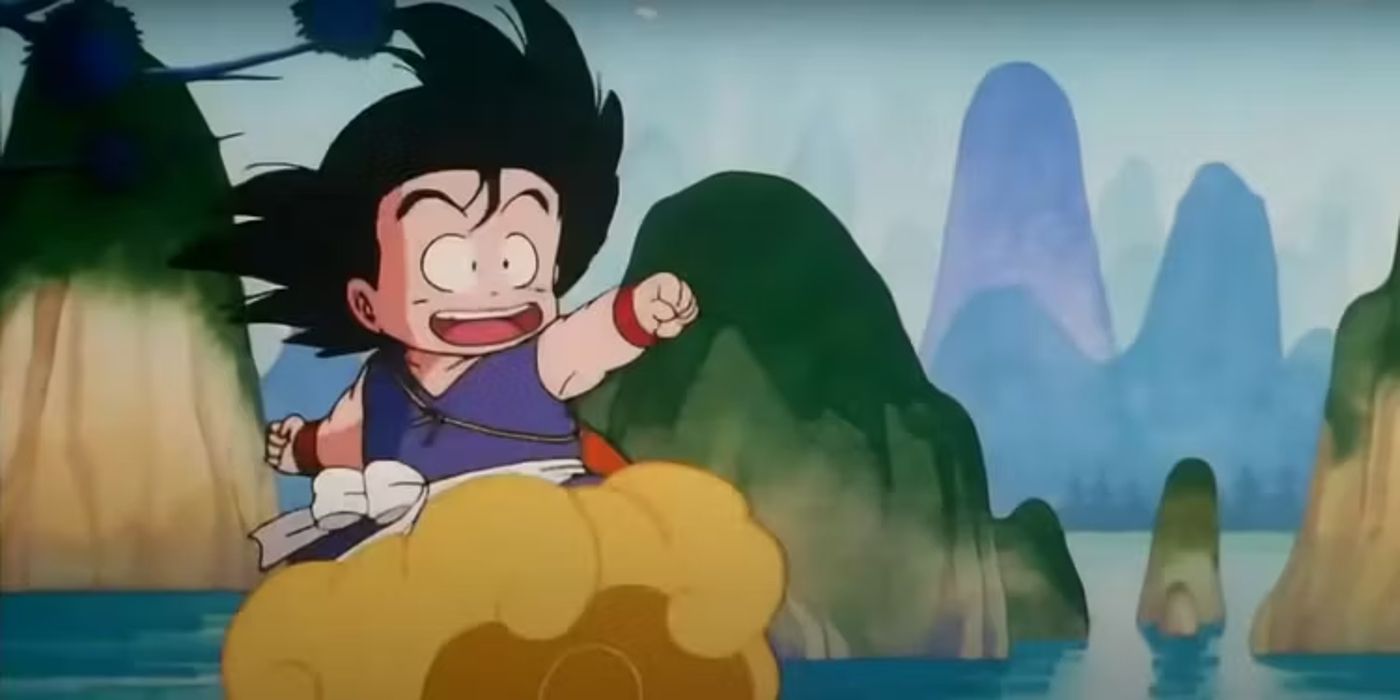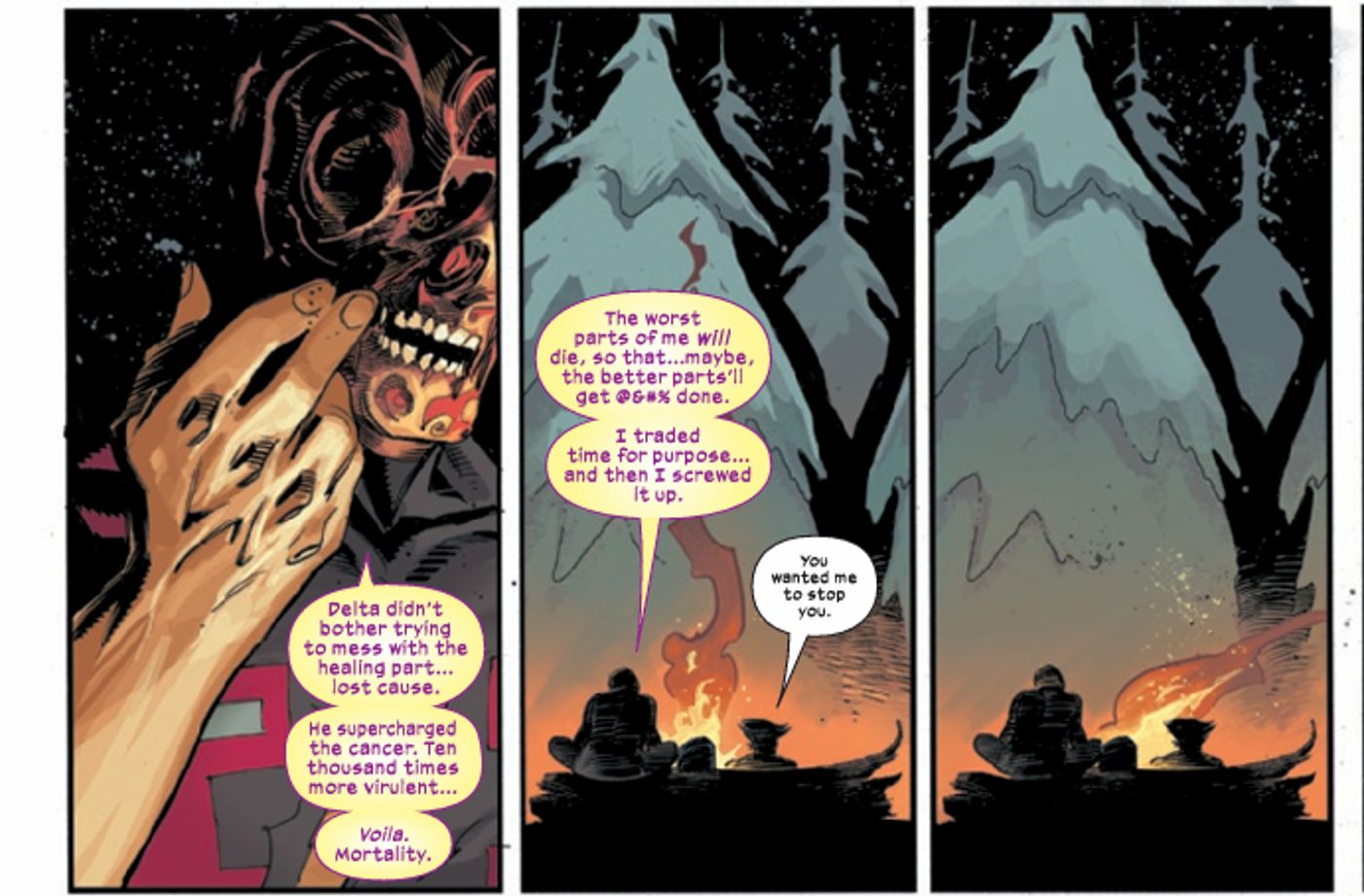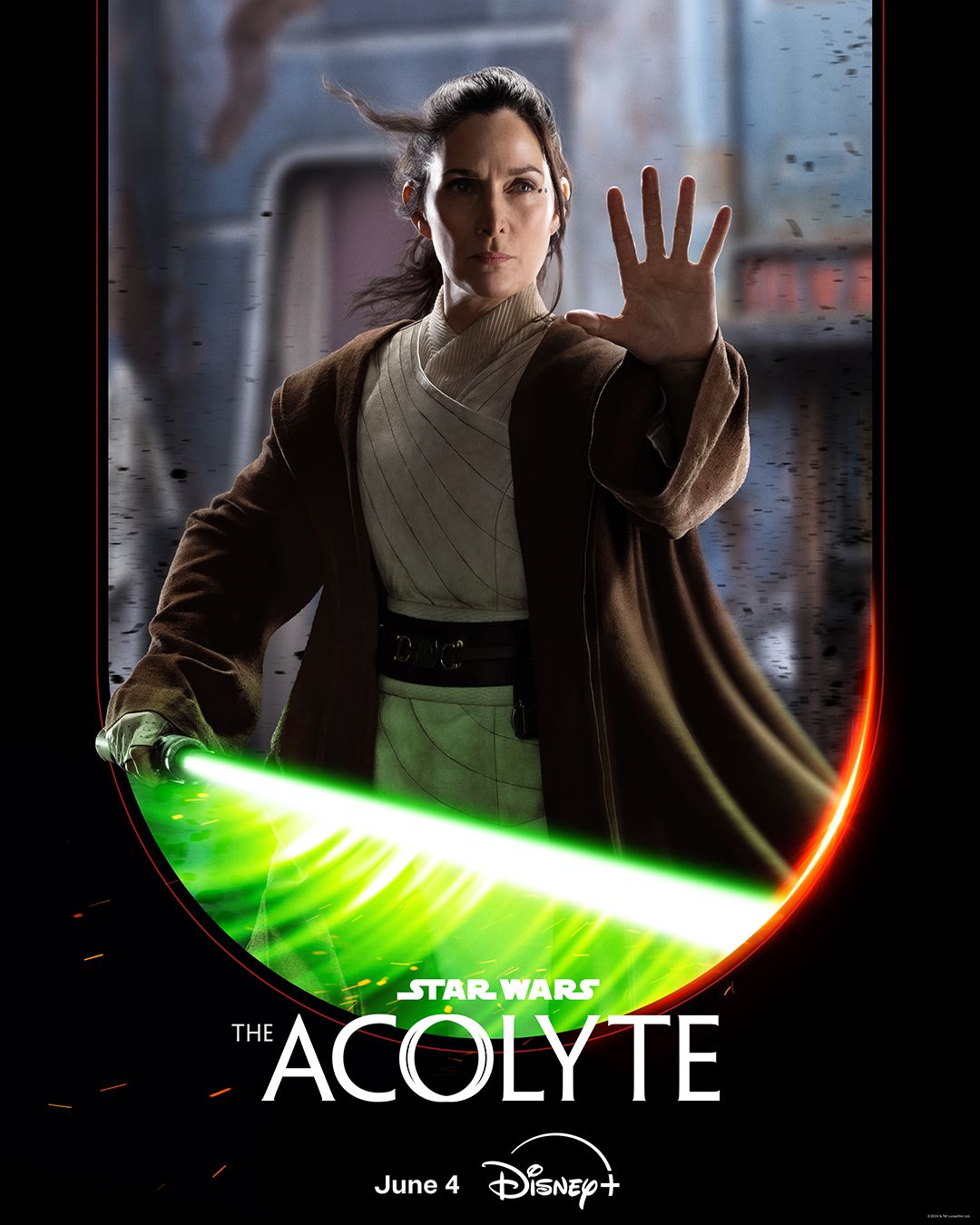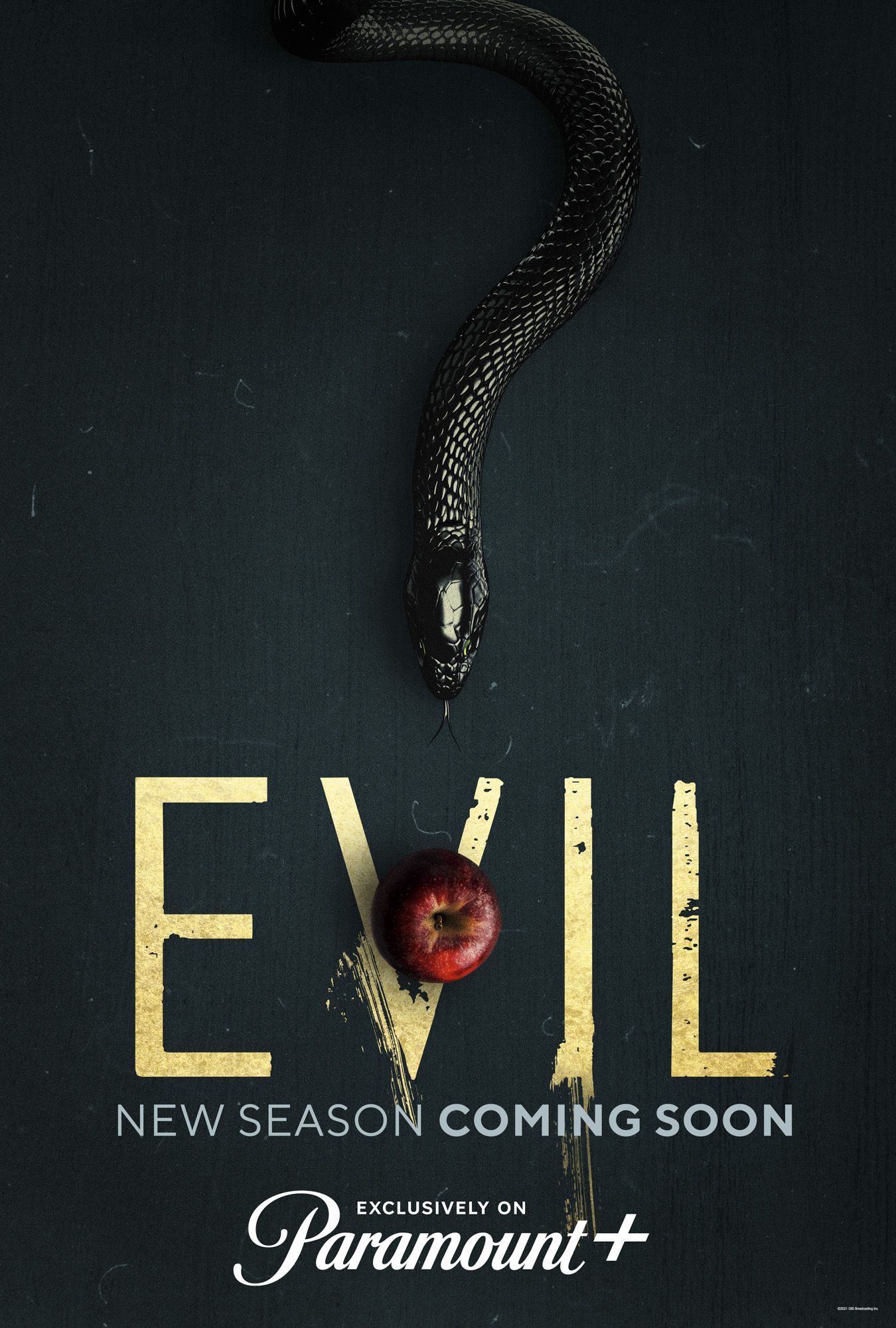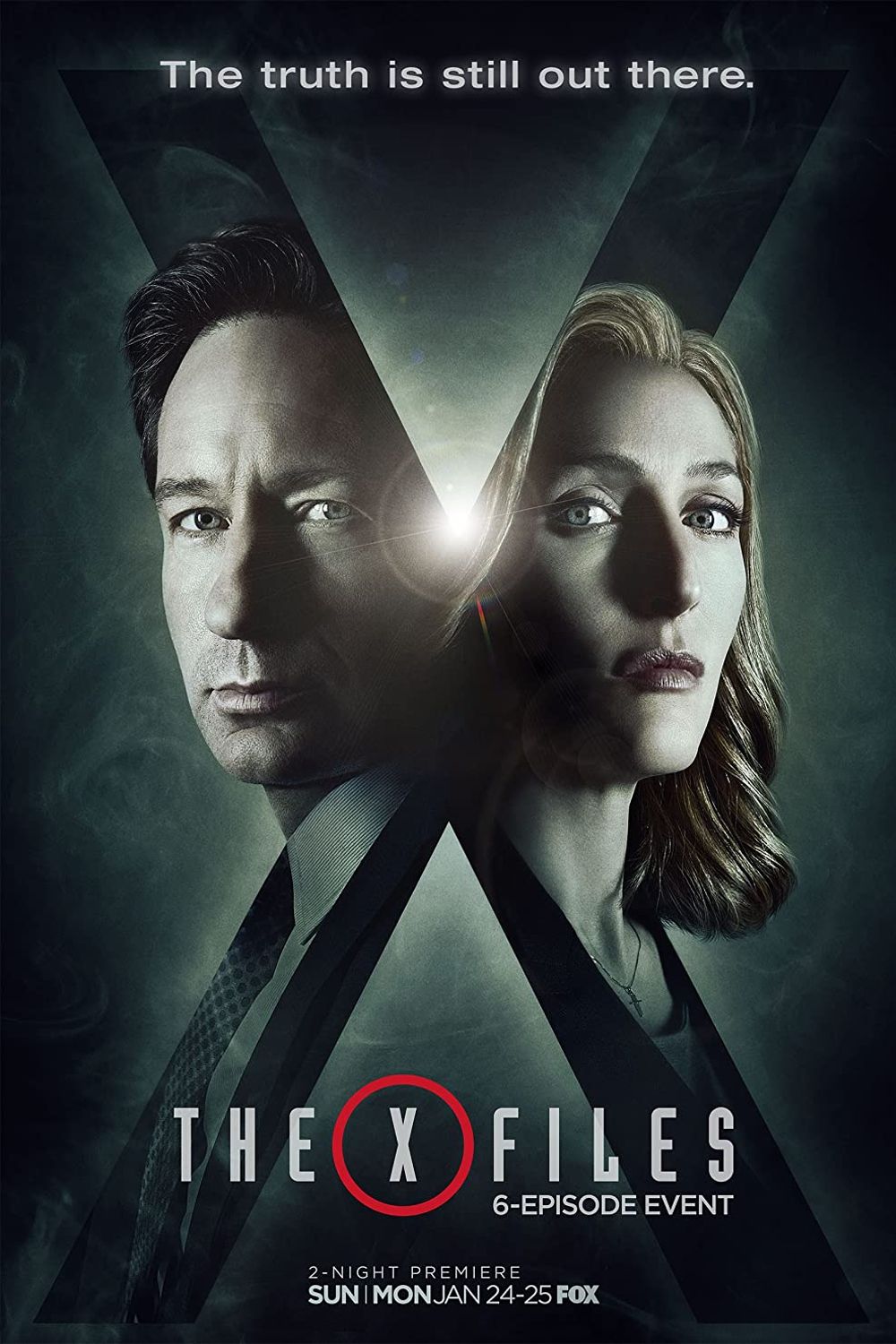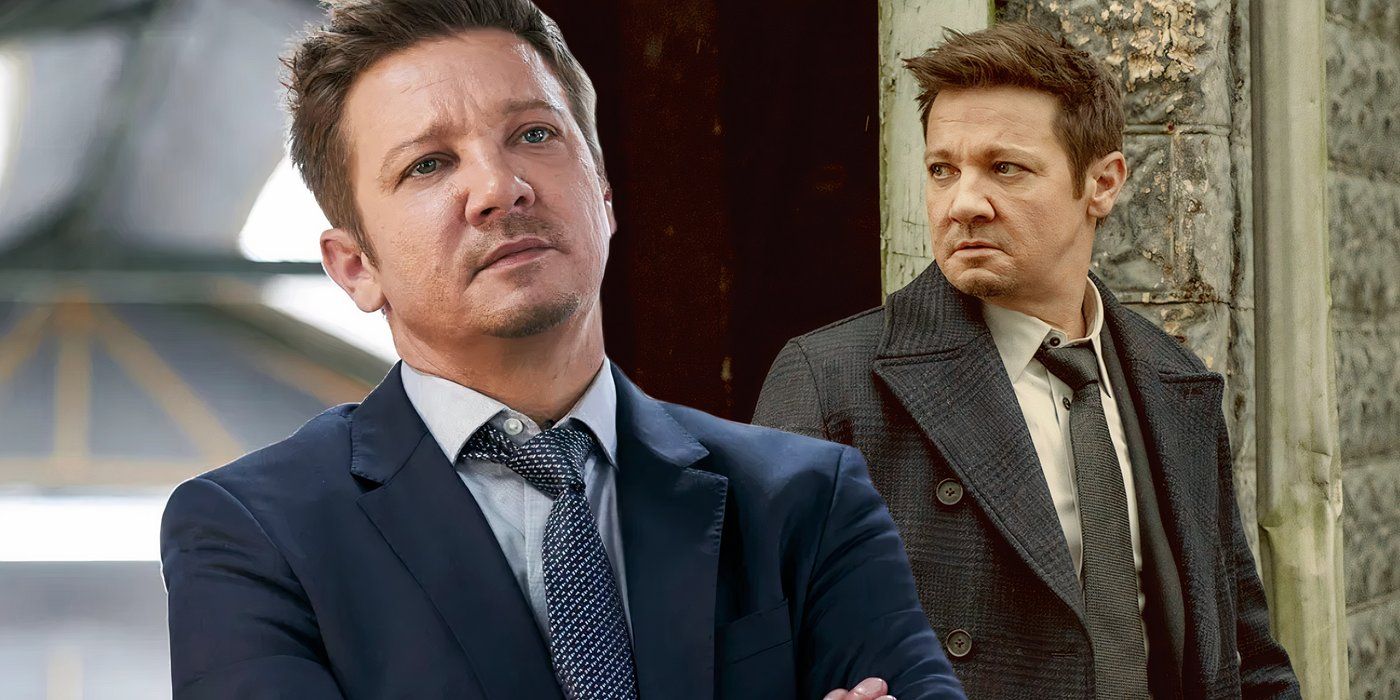The first World War is sometimes wistfully referred to as “the war to end all wars.” Human nature being what it is, however, the march of mankind’s proclivity towards exterminating one another with technologically advanced weapons of war never really ended; in fact, World War I showed that the industrialization of war and death could become big business for the steel and manufacturing industries, thus leading today’s outrageous levels of military spending. In the United States, at least, military funding always seems to come at the cost of social programs and health care. World War I was supposed to be the last war; instead, it was the first in a long line of modern wars.
World War I claimed the lives of over 20 million soldiers and civilians, but after 100 years of textbooks, History Channel TV shows, and the apathy of later generations, the impact of that conflict (and many others, before and since) has been diminished in the eyes of modern society. Sam Mendes’ latest film, 1917, sought to put a human face on war, showcasing the plight of two young men – boys, really – on a critical mission to save the lives of hundreds of men. Upon its release in December, 1917 proved a critical and commercial success. Critics were floored by its uncompromising depiction of the infamous horrors of WWI’s trenches, while audiences were stunned by the haunting beauty of Roger Deakins’ cinematography and Lee Smith’s editing, which combined to present the illusion that the entire film occurs in a single, unbroken shot (save for a surprise act break in the middle). The film earned numerous accolades, including ten Academy Award nominations, ultimately taking home three of the coveted Oscars.
While promoting the home video release of 1917, co-writer Krysty Wilson-Cairns spoke to Screen Rant about her work on the film and its tremendous themes, of how war is not a comic book fantasy of heroes and villains, but a harrowing fight for nothing more glorious than survival. She talks about meeting with Sam Mendes to discuss his vision for 1917 and shares some of the insights she gathered while writing the movie.
1917 is out now on Digital HD, and releases on DVD and Blu-ray March 24.
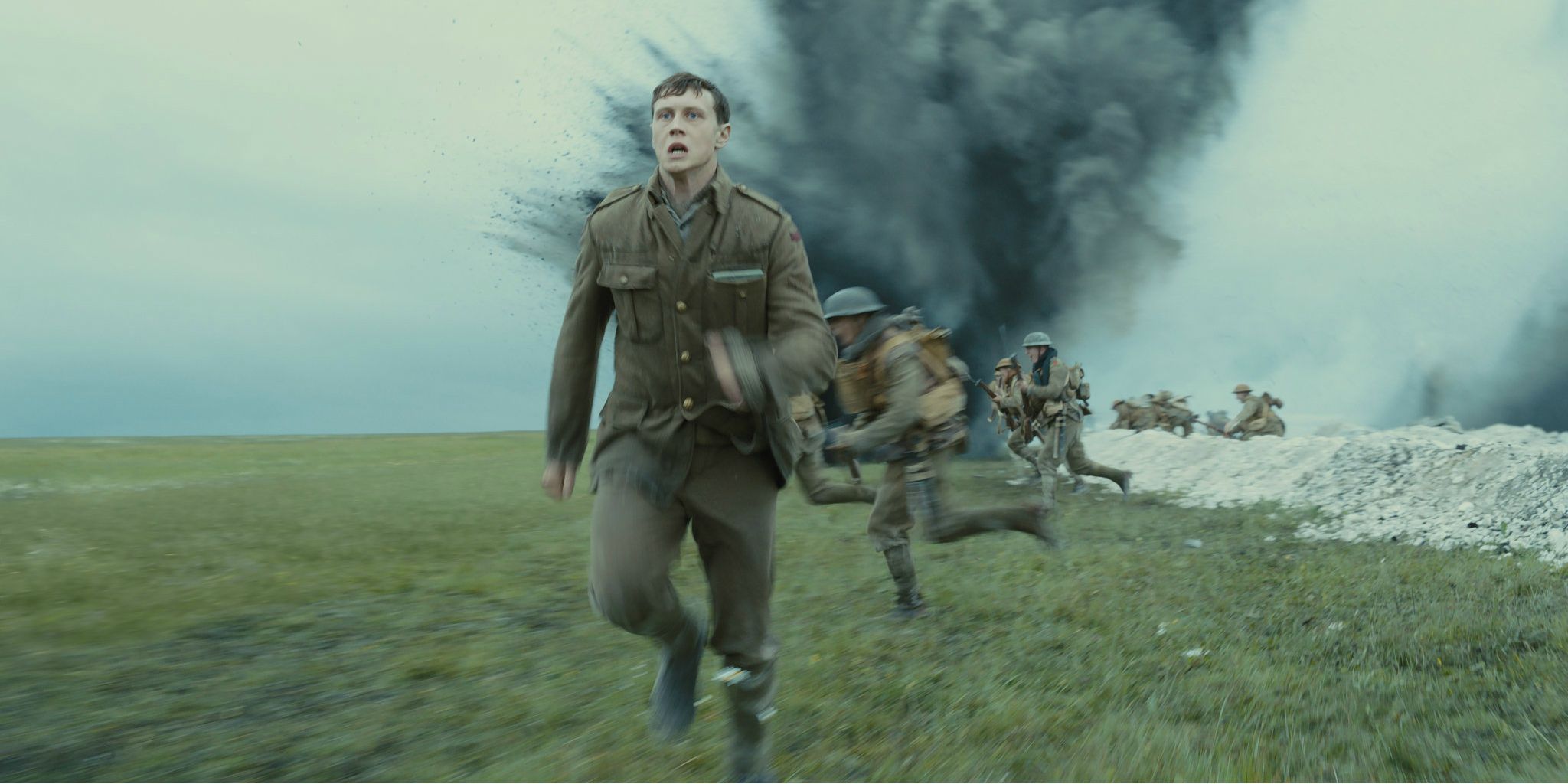
Let’s talk about war. There is nothing that compares to what young soldiers encounter in battle, and 1917 is a tremendous, Oscar-winning movie that you helped make!
Yes, I did, yeah!
When did you get involved? I imagine Sam Mendes sending you an e-mail, saying, “I’m making a new movie, please help.”
Not quite. I think Sam had this idea… When he was, like, nine years old, his grandpa would tell him stories from the war. I think Sam always had this idea. A couple of years ago, I got a call from Sam. We had worked together twice before, but those times had fallen apart because of various issues. We both were sad that we hadn’t finished a script, hadn’t gotten one over the hill. But he called and said, “Third time’s the charm. I have this idea, I just need to know if you’re free.” I was like, “You’re Sam Mendes, so obviously I’m free!” (Laughs) He was like, “Okay, I want to tell a First World War story,” and he had no idea I was fascinated by the war. I had a working knowledge of it. He said, “I have this one idea, an image of a man carrying a letter through no-man’s-land, inspired by my grandfather.” I thought that was enough to make this a different kind of war movie. But then he said, “Oh, and by the way, it’s all going to be one shot.” And I was like, “Hmm?” And then he hung up. I don’t think he wanted to explain it over the phone. I think he wanted to explain it in person. But that’s how I got involved. We had a bit of an idea, sort of a treatment, an outline. We sat down at his kitchen table a couple of days later. We traded war books and novels and diaries that we both had collected over the years, and then came up with the outline. It’s pretty much the same outline treatment that you see in the finished film, which is quite weird.
I imagine in a movie like this, not that there are movies quite like this, you can’t just cut a scene.
We had many rehearsals with the actors, where we ran through the entire script. We were assigning dialogue and working on the emotion, and tightening it all and focusing on the performances. And Roger Deakins was working out how everything should look, and Dennis Gassner was working out the exact length of trench needed for a scene. It was very circular. Everyone was working to nail down everything. It was a lot of working together, a massive glob of people achieving the impossible, every day. That’s how I like to describe it. Lee Smith had a huge job to do, because he and Sam had to work on the edit, not only what was going in the film, but they had to match the last frame with the first frame of the next shot. There was no cutting around it. They had to work on the timing and how the movie was coming along. Lee and him edited it as they went along.
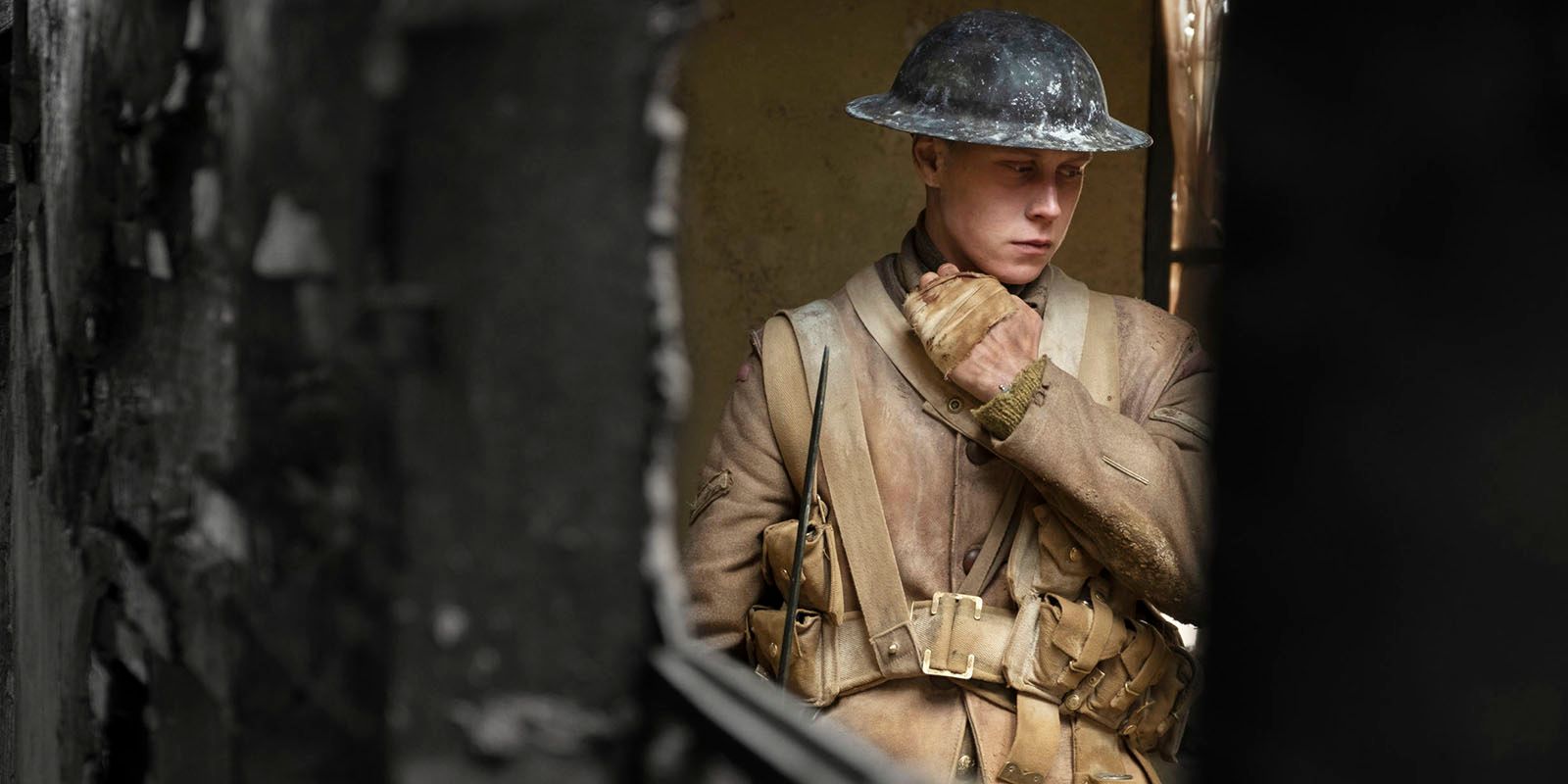
You mentioned being a history buff. A lot of people don’t know, A: the history of WWI, but B: the conditions these soldiers were in. War is so often glamorized in the movies, but 1917 is truly shocking in some of the things it shows, and I think audiences need that. Did you feel relived or nervous at being able to show the reality of what those trenches really looked like?
I think war is the worst thing people can do. I never wanted to write a movie that glamorized war. I knew a bit about the first World War, and it wasn’t about heroism and country. It was about survival. We never wanted to make this war feel like a grand adventure. It was not glamorous. They fought for the man next to them. They didn’t hate the people they were fighting. They all wanted to go home. They wanted to go back to their life. They wanted it all to be done. The antagonist of the whole piece is the war itself, not the enemy.
Was there anything you learned about the war, about the era? You said you were well-versed in the history, but did anything surprise you while working on the script?
Yeah. There were huge swaths of information… I mean, I wouldn’t say I was a scholar. I was interested in it and fascinated by it and I read a lot about the first and second World Wars. But I never went to university and studied it. What was fascinating was reading diaries. There was so much I learned from sitting down and reading the diary of someone who sat down and started writing in 1915 and then disappeared in 1918. Just wiped off the face of the earth. You find out more about what it is to go fight in a war by doing that than you can by reading about General Haig or any of those people, or about The Guns of August. They’ll tell you why the world went to war, and how the world went to war, but how it feels to do that, to try to fight and try to survive the war, you can only find that in firsthand accounts. The idea of how young these men were, as well. When I studied the war in high school, I remember thinking that all the men who went to war were men, were grown adults. But when I went to do my research, a couple of years ago now, I learned of cemeteries where 15-year-old boys were buried. I’d be older than everyone there, and I’m only 32. I don’t feel particularly old. That was another thing that really hit home. The ghosts of young human life, the waste of young human life in that war was just really shocking to me. I would urge anyone with even a passing interest in the war to read up and learn more about it. There will be a billion things that haven’t even been scratched on the surface yet.
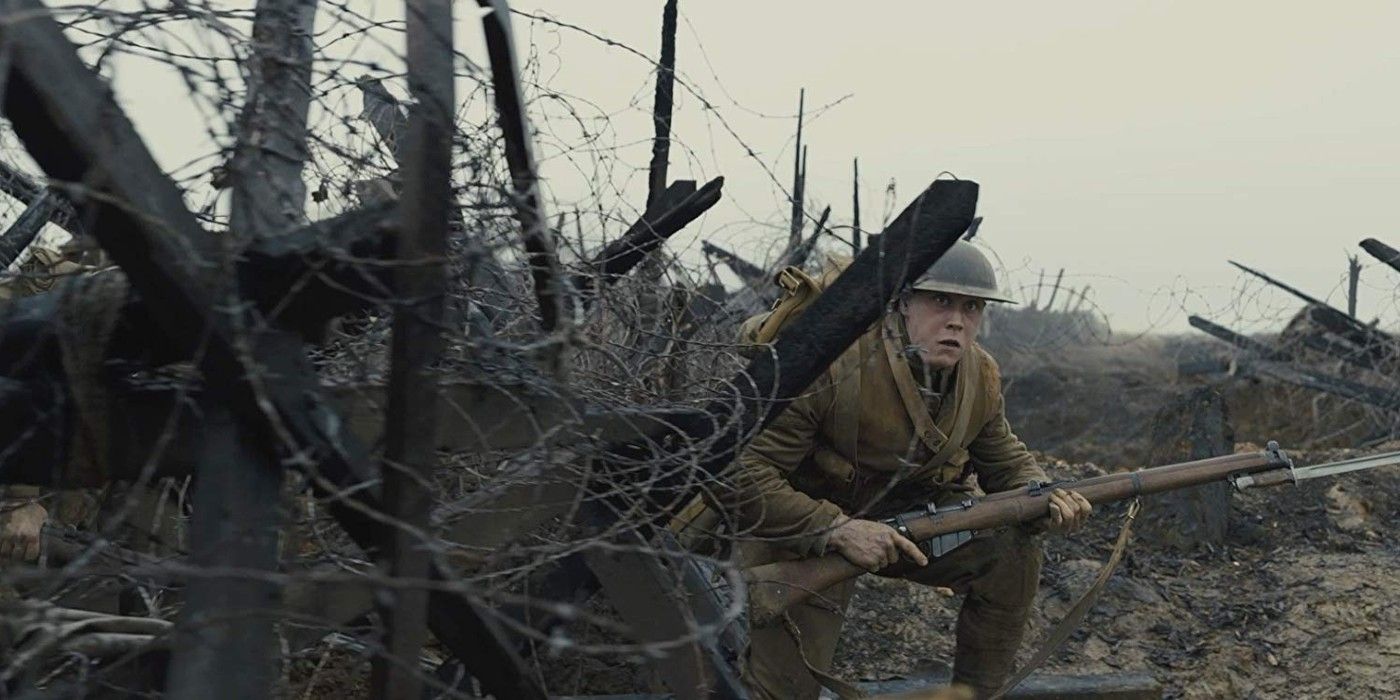
This just occurred to me, based on what you were saying: I don’t know how true this is, but I have the perception that generals aren’t veterans of the wars they’re leading. They’re usually veterans of the last war who become leaders in the next war, do you know what I’m getting at?
Yeah. There’s an element of that in this war. There was such a huge turnover. Actually, I don’t have the statistics, I’d have to check this, but I believe the statistics is that it was more dangerous to be an officer of a leftenant than it was to be an enlisted man. Especially in the first half of the war. I believe there was a huge death toll all around. I don’t necessarily buy into the notion that was very popular that the British were “lions led by donkeys.” Colonel Mackenzie is not a madman who is sending men to their deaths, that’s not what happened here. Everyone was trying to do the best with the information they had. But the information was very spotty. Pre-cell phones. Pre-radio. Telephone wires ran across northern France, and they would be cut, they would be bombed, they would be shot. You’re talking about people trying to outmaneuver and outflank an enemy that they can kill a thousand yards away, but they can’t speak to their own men who are 50 feet away because of the bombardment. People were trying to do the best they could, but this was a war on a scale we had never seen before. It was the first industrialized war. We started using horses and carts, but ended with tanks, machine guns, and chemical warfare. There’s an element of yes, generals should have been better prepared and should have done this or should have done that; but that’s easy to see that in hindsight 100 years later. At the time, it would be difficult to have any sense of control or knowing what they’re doing. They did the best they could.
1917 is out now on Digital HD, and releases on DVD and Blu-ray March 24.
